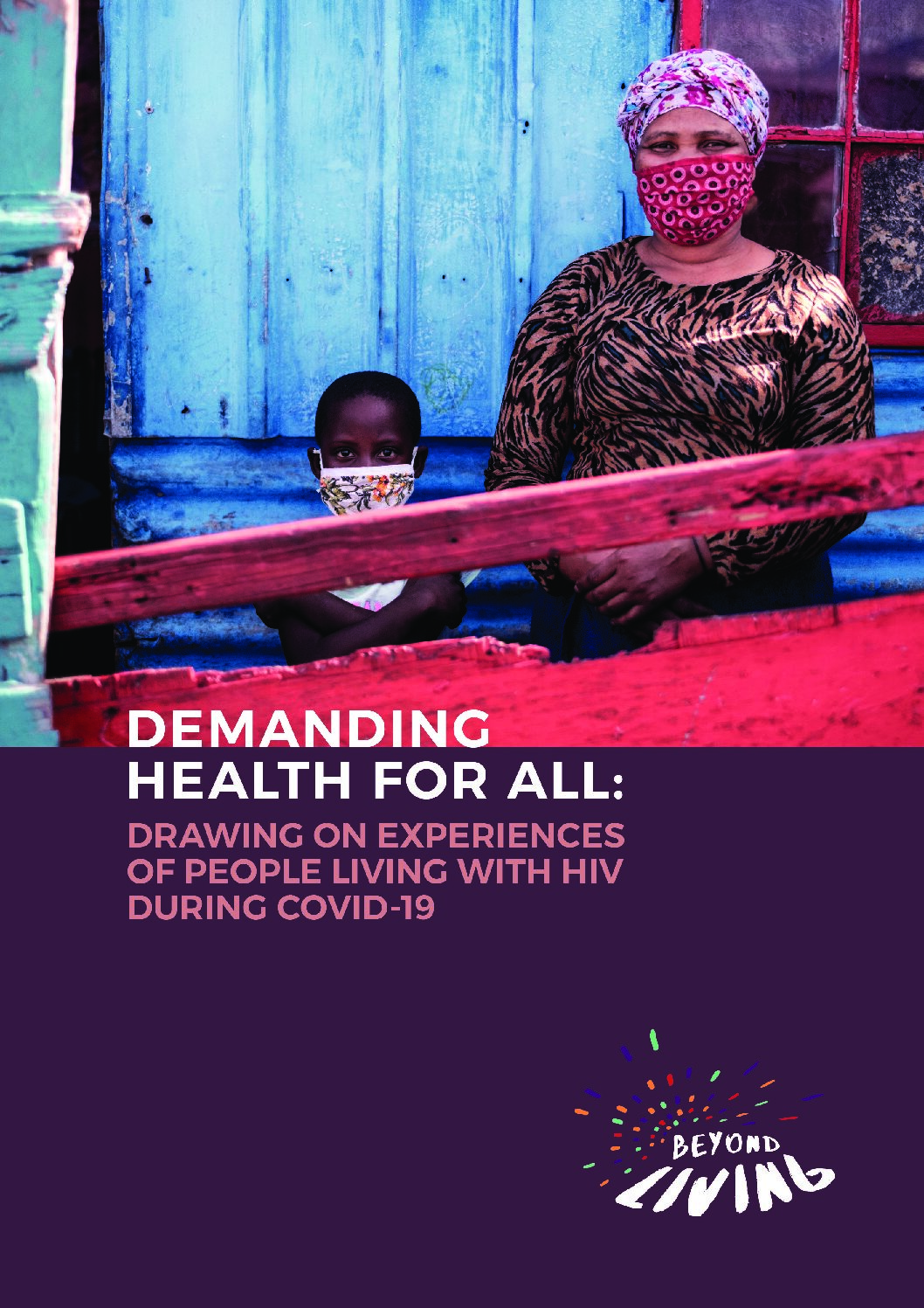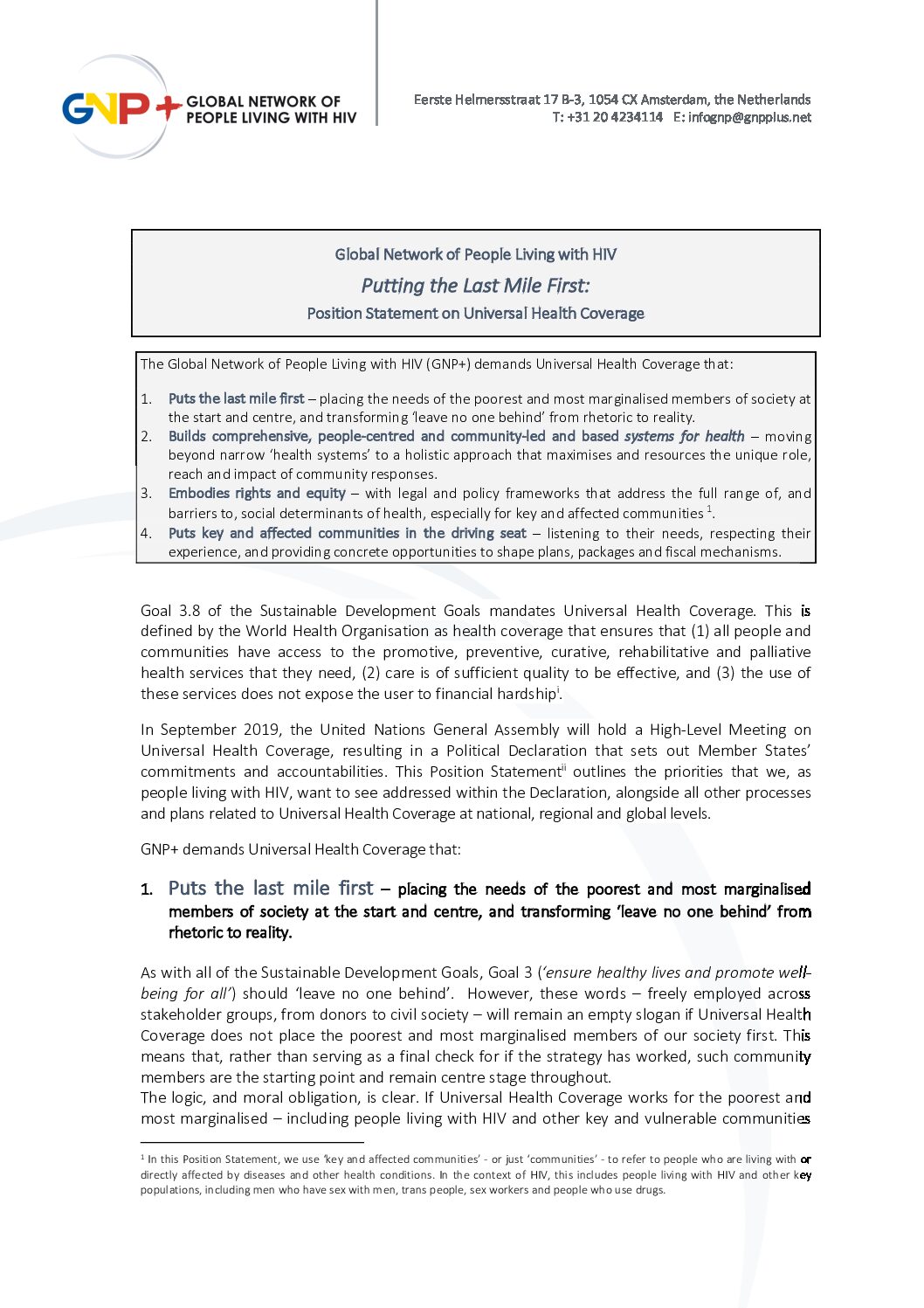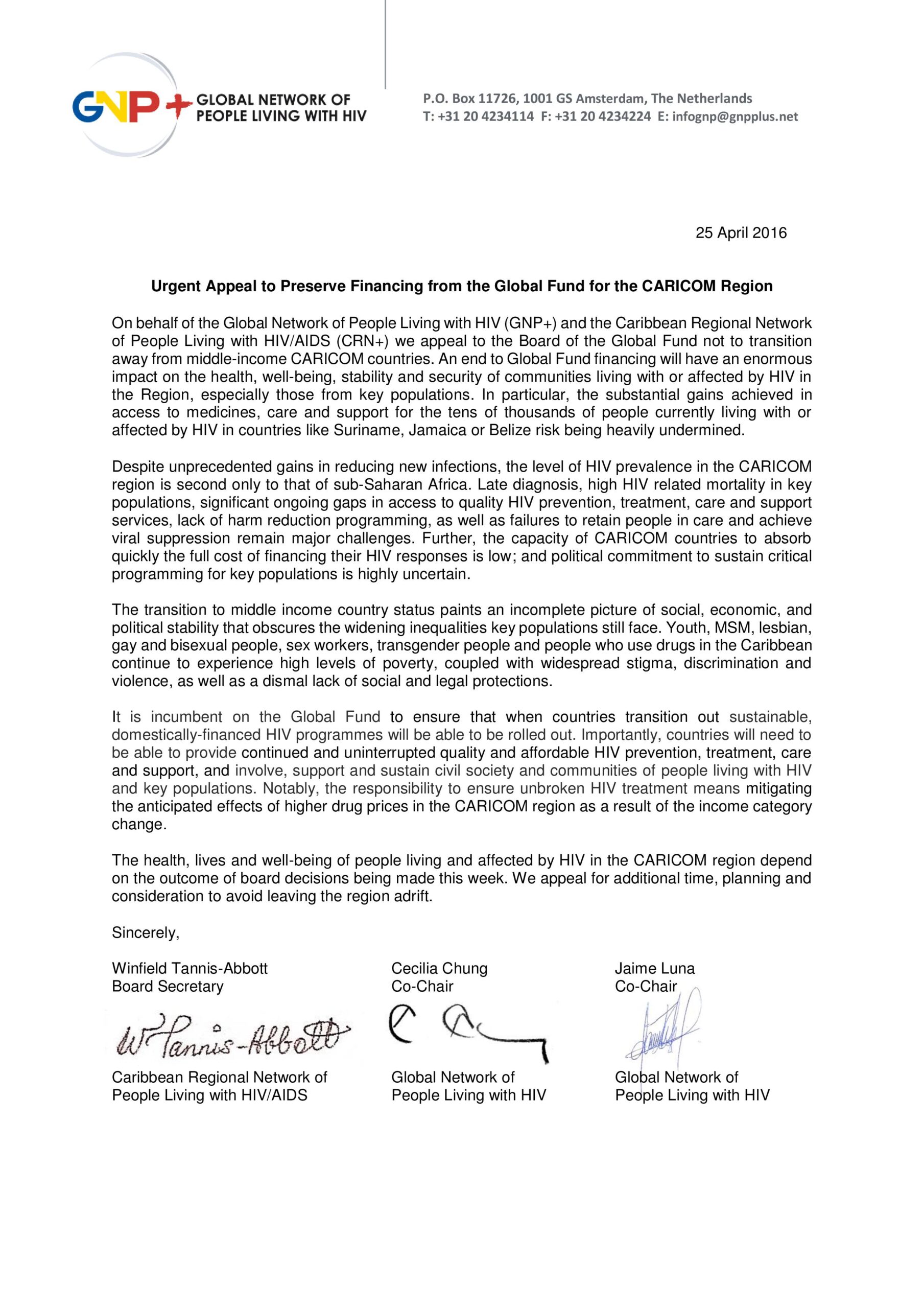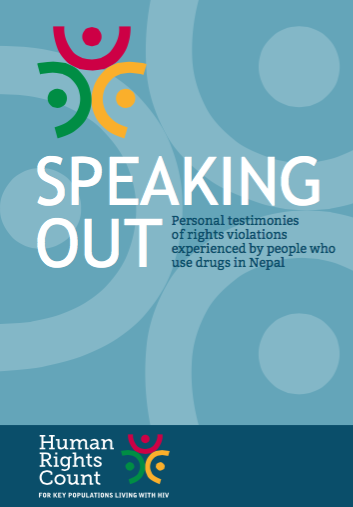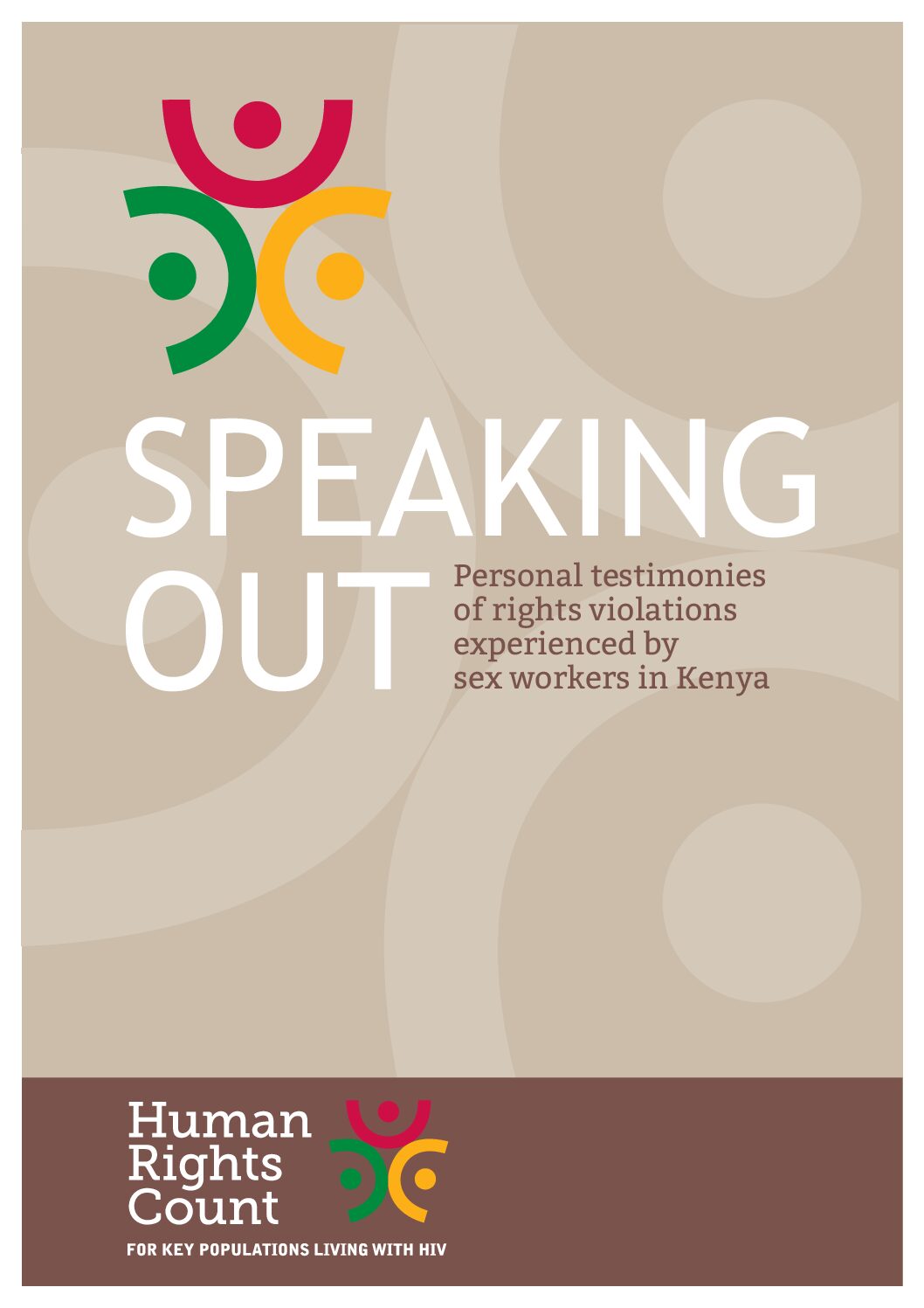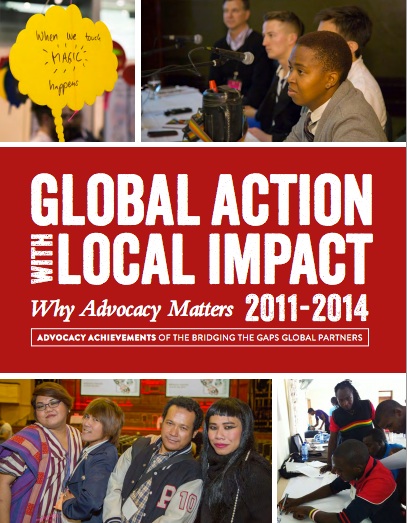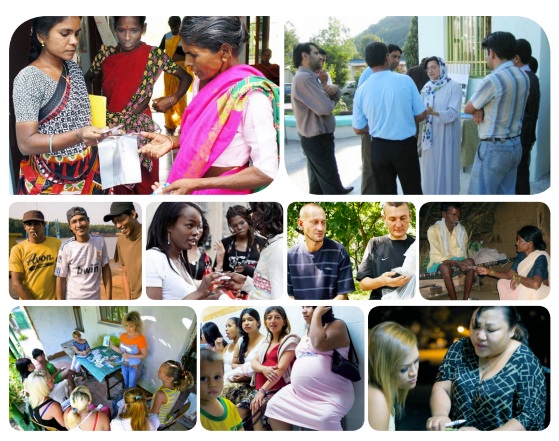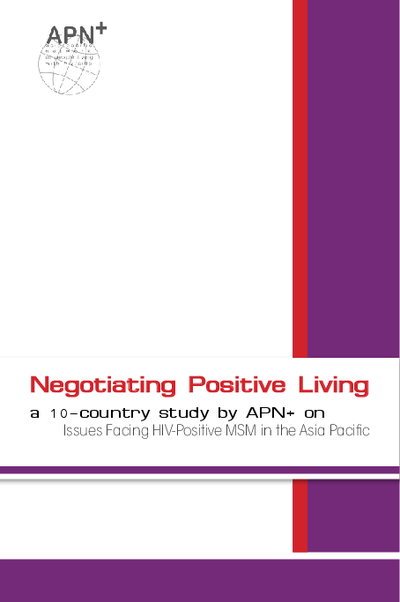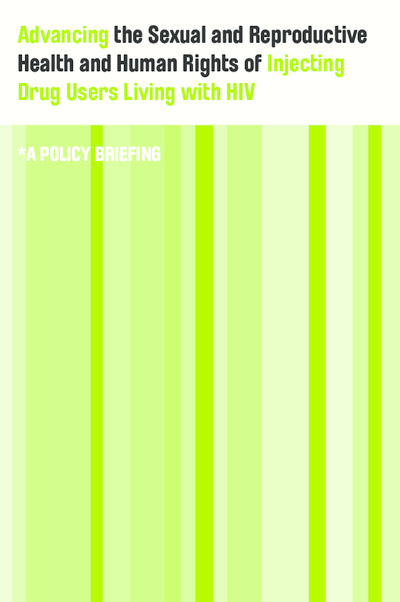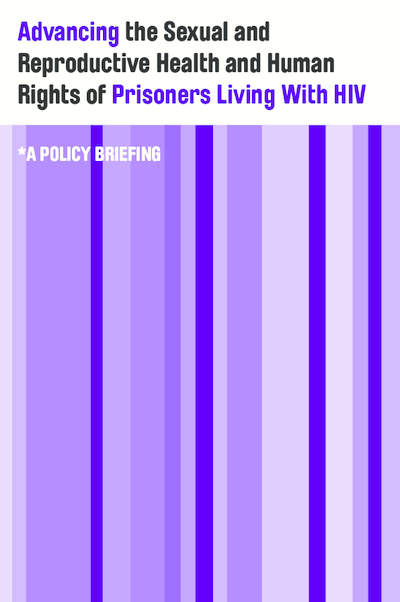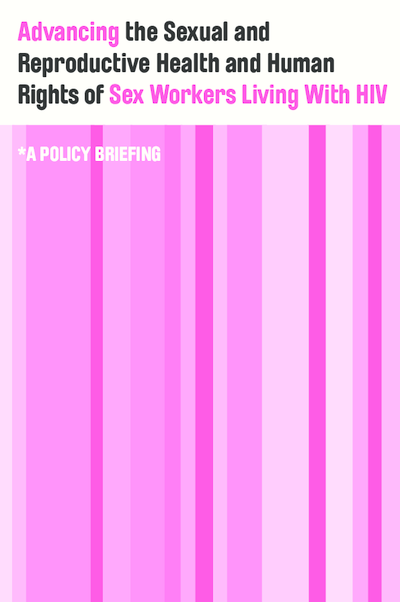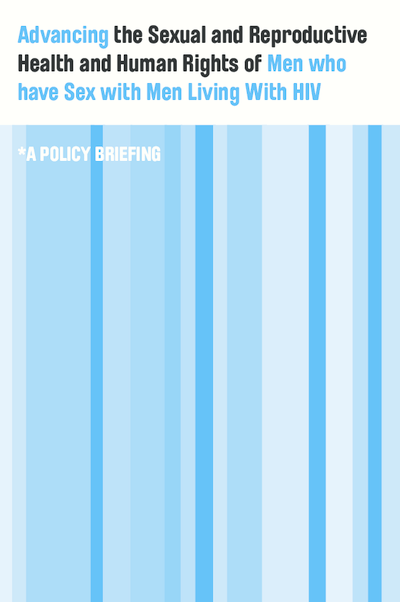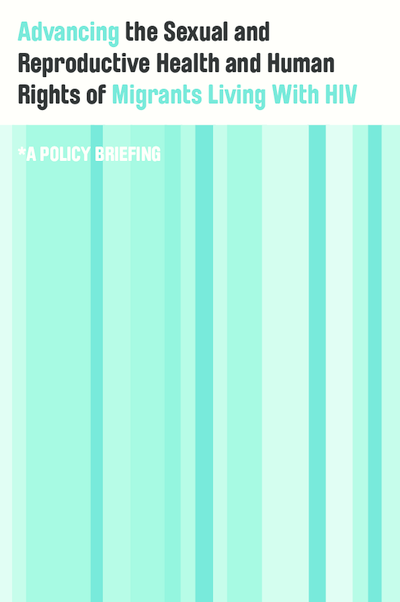This report examines the role of global-level advocacy in addressing HIV among key populations, including people living with HIV (PLHIV), people who inject drugs, sex workers, and lesbian, gay, bisexual, and transgender (LGBT) people. Entitled “Global Action with Local Impact: Why Advocacy Matters,” the report details strategies used and outcomes achieved by five constituency-led global network organizations focused on key populations, providing numerous case study examples illustrating the concrete impact of advocacy at the global level.
The report focuses on global-level work conducted as part of the Bridging the Gaps program, an international multi-agency effort devoted to achieving universal access to HIV services and ensuring full human rights for key populations. Supported by the Netherlands Ministry of Foreign Affairs, the program is a collaboration between five Dutch-based organizations, five global key population networks, and 80 grassroots organizations across 16 countries.
The report includes principles of practice for global advocacy and a detailed theory of change depicting causal chains that lead to improvements in health and human rights for key populations. Numerous examples of global advocacy are included with a focus on concrete results of global advocacy initiatives. All work featured in the report was conducted by Bridging the Gaps global partners: the Global Network of People Living with HIV (GNP+), the International Network of People Who Use Drugs (INPUD), the Global Network of Sex Work Projects (NSWP), the MSMGF, and the International Treatment Preparedness Coalition (ITPC).
More information on each of the other global key population networks featured in the report can be found on their respective websites: INPUD (www.inpud.net); NSWP (www.nswp.org); the MSMGF (www.msmgf.org); and ITPC (www.itpcglobal.org).




